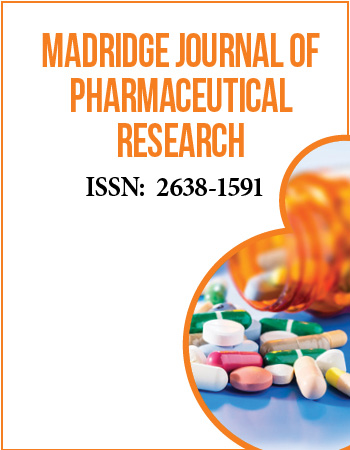2nd International Conference on Pharma & Nutrition, Health and Aging
August 1-2, 2019 Valencia, Spain
The Relationship between Frailty and Depression among Community-Dwelling Older Adults: The Mediating and Moderating Role of Social Support
1Peking University, China
2Shandong University, China
Objectives: Frailty is associated with elderly depression and impairs their social support. However, the mechanism underlying such relationship remains unclear. We aim to examine whether social support acts as a mediator and moderator in the relationship between frailty and depression.
Design: Cross-sectional.
Setting and participants: 1779 community-dwelling older adults age 60 and over.
Measures: Frailty, social support and depressive symptoms were measured by the Friedʼs Frailty Phenotype (FFP), Social Support Rating Scale (SSRS) and 5-item Geriatric Depression Scale (GDS-5) respectively.
Results: Linear regression models with Boot strap methods proved that subjective support and support utilization but not objective support mediated and moderated the relationship between frailty and depressive symptoms. The Johnson-Neyman technique determined a threshold of 31 for subjective support but did not for support utilization, beyond which the detrimental effect of frailty on depressive symptoms was offset.
Conclusions: Social support underlies the association of frailty with depression and its protection role varies by dimensions. Interventions on depression should address improving perception and utilization of social support among frail older adults rather than simply providing them with objective support.
Keywords: depressive symptoms, frailty, older adults, social support,
Biography:
Cuili Wang is a PhD holder and a Senior Research Scientist in Peking University. Her research focuses on geriatric nursing, especially on long-term care delivered to elders as well as assessment instruments, risk factors, adverse outcomes and non-pharmacological interventions related to geriatric syndromes (e.g., frailty, sarcopenia, cognitive impairment, pain, sleep disorders, depression, urinary incontinence and functional decline). Also, she focus on adherence to health behaviours and health education, chronic diseases self-management (e.g., COPD, DM) and socio-psychological factors in health science. These projects were funded by NSFC (Natural Science Foundation of China).


